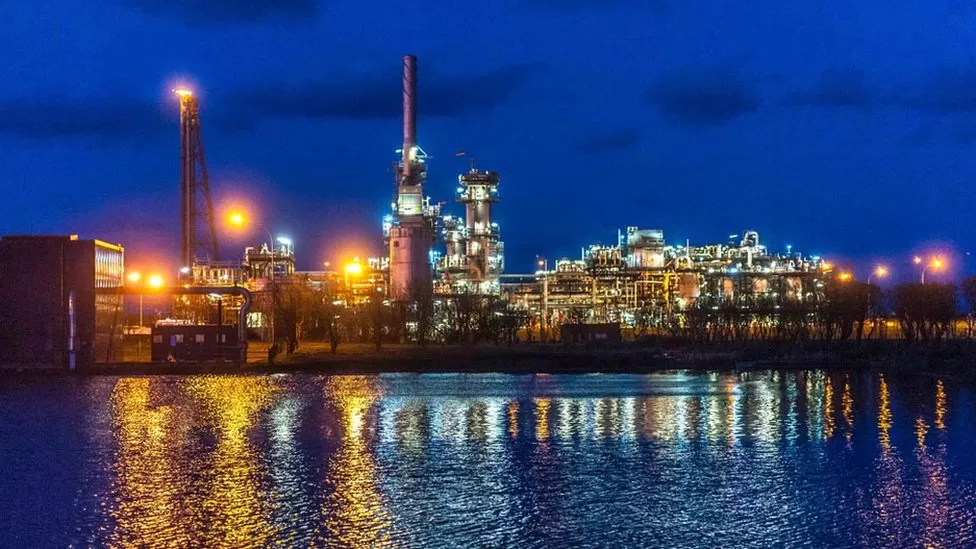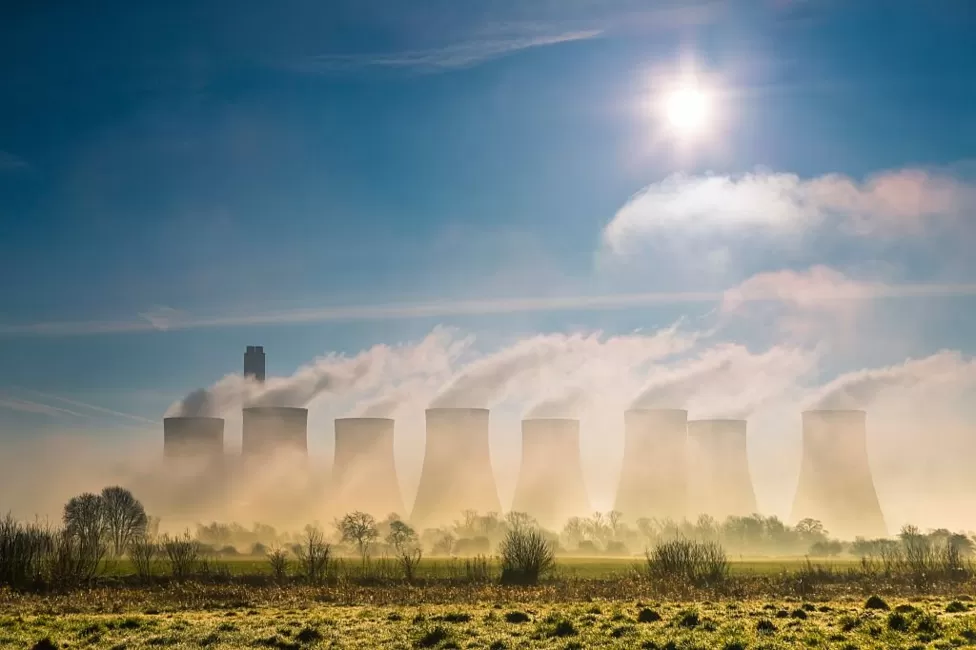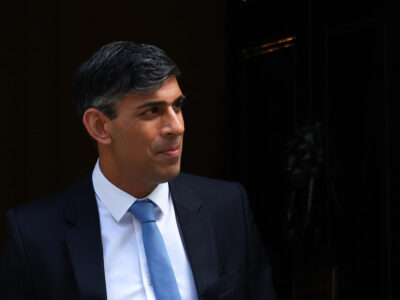The prime minister is expected to announce millions of pounds of funding for a carbon capture project during a visit to the northeast of Scotland. Rishi Sunak will emphasize the role the region will play in the UK’s wider energy security plans as he meets industry figures this week. The UK government said Scottish schemes will help it grow the economy and meet its 2050 net zero commitment. But opponents say the Conservatives are “doubling down” on fossil fuels. It comes as the party faces internal divisions over its green policies – such as the review of low-traffic neighborhoods in England – with some MPs calling for a rethink. Mr. Sunak will confirm funding for the Acorn Project in St Fergus, Aberdeenshire, according to The Sunday Times.

The newspaper said the project, a joint venture between Shell UK and other companies, could see up to 21,000 jobs created. If given the go ahead, it would become Scotland’s first carbon capture and storage facility, which would see harmful greenhouse gas emissions piped under the North Sea. This would prevent the release of carbon dioxide into the atmosphere, by capturing it at the point where the fossil fuel is being burnt. The UK government said its “decisive action” would provide highly-skilled jobs for young people in the region. It added this package would “defend the public” against the disruption of global energy supplies by Russian President Vladimir Putin.

However climate campaigners said carbon capture was a greenwashing tactic design to keep the fossil fuel industry in business. March Church, of Friends of the Earth Scotland, said: “Funding for the Acorn project would be yet another massive public subsidy to oil companies who have been making billions in profits, while ordinary people are struggling to pay the bills. “Instead of handing more money to polluters, it is time to redirect that investment to climate solutions that we know can deliver emissions cuts and improve peoples’ lives today – such as improving public transport and insulating people’s homes to help with energy bills.”
What is carbon capture?
Burning fossil fuels like oil, gas and coal to generate electricity emits carbon dioxide (CO2), which is the main driver of climate change. The carbon capture process stops most of the CO2 produced from being released, and either re-uses it or stores it underground. Carbon capture technology is seen by policy makers as a vital tool in reaching the target by the middle of the century. Some environmentalists, however, are against it because they consider it a distraction from the urgent need to cut emissions.

The Acorn Project has been under development in various forms for more than a decade. It had hoped to be one of the first projects of its kind to receive government backing in 2021, but lost out to two projects in the north of England around the Humber and the Mersey. SNP Westminster leader and MP for Aberdeen South, Stephen Flynn, said “broken promises” had left Scotland’s green energy future in jeopardy. Welcoming the investment, he added: “There can be no more broken promises or delays. Now is the time to strike on Scotland’s green energy potential.” There have been questions raised about the government’s ability to meet its 2050 net zero target, with its climate advisers having warned the UK risks falling behind without much faster action. On Friday, Mr Sunak said he was committed to meeting the target in a “pragmatic and proportionate way” but without “unnecessarily adding costs
![]()





